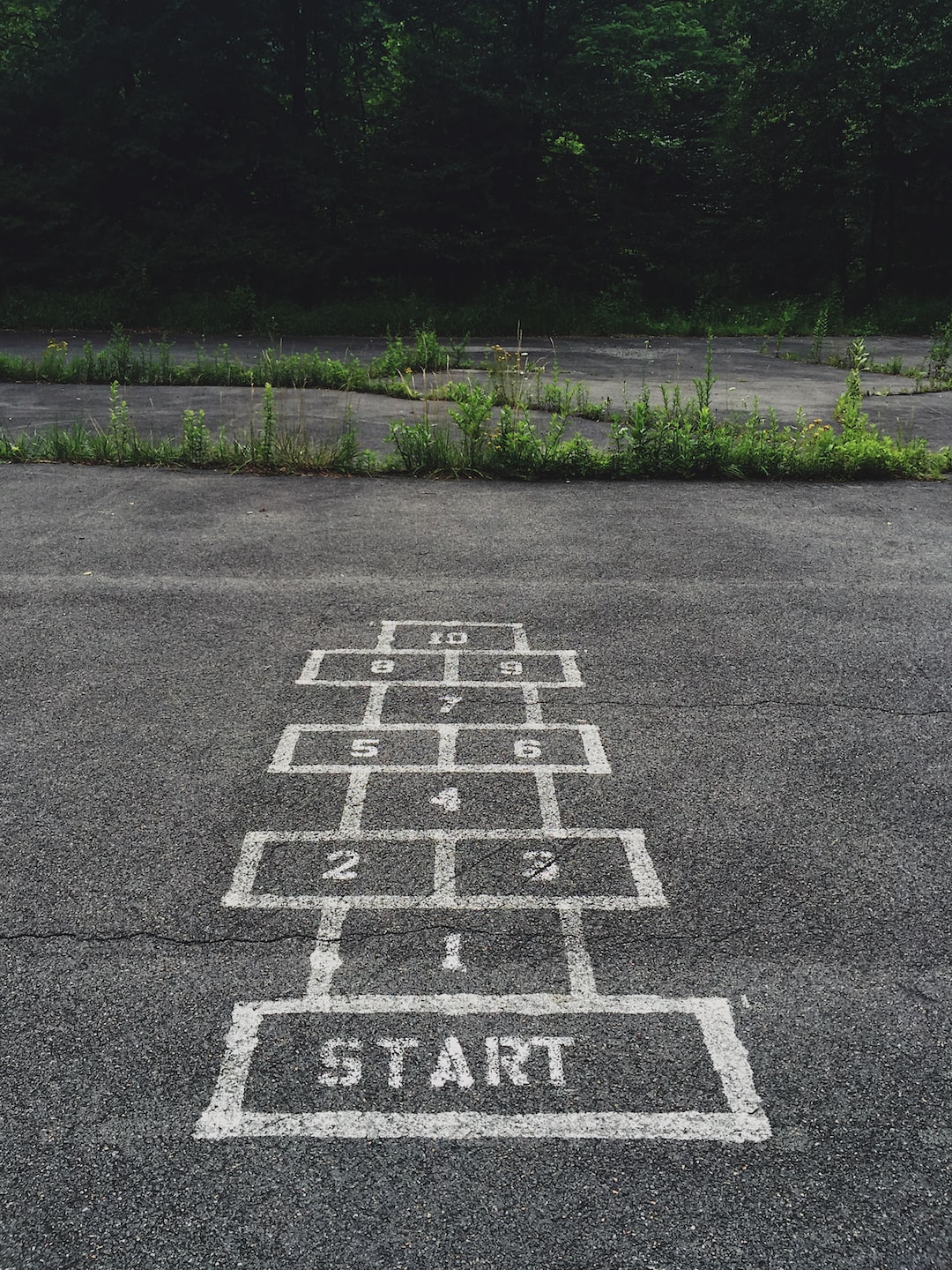The Impact of Peer Tutoring in Education
Education is an essential aspect of society, as it equips individuals with knowledge, skills, and values necessary for personal and societal development. Within the education system, various approaches are employed to facilitate learning and maximize student potentials. One such approach that has gained significant attention and recognition is peer tutoring.
Peer tutoring involves students working together, with one acting as a tutor and the other as a tutee, to enhance their understanding of academic concepts. The tutor, typically of the same age or grade level as the tutee, provides guidance, encouragement, and feedback to help the tutee grasp the subject matter. This educational strategy has proven to be highly effective and impactful in numerous ways.
Firstly, peer tutoring fosters a positive and supportive learning environment. Students engaged in peer tutoring feel more comfortable seeking assistance from their peers, as opposed to their teachers. This way, they are more confident in asking questions and clarifying their doubts, which promotes active participation and engagement in the learning process. As a result, students become more motivated and enthusiastic about their studies, leading to improved academic performance.
Secondly, peer tutoring enhances social and emotional development. When students take on the role of tutors, they develop important interpersonal skills such as empathy, patience, and communication. These skills enable them to better understand their classmates, adapt their teaching methods to suit individual learning styles, and build strong relationships with their peers. Additionally, tutees benefit from the supportive and non-judgmental environment created by their tutors, making them feel valued and cared for. This positive emotional connection boosts self-esteem and contributes to the overall well-being of the students involved.
Besides, peer tutoring encourages active learning and critical thinking. Tutors are not only responsible for imparting knowledge but also for guiding tutees in developing problem-solving and analytical skills. Through discussions, questioning, and collaborative activities, tutees are challenged to think critically, analyze information, and come up with solutions independently. This hands-on approach to learning promotes a deeper understanding of the subject matter and equips students with lifelong learning skills.
Furthermore, peer tutoring fosters a sense of ownership and responsibility. When students take on the role of tutors, they become accountable for the progress and success of their tutees. This sense of responsibility motivates them to prepare thoroughly, organize study materials, and deliver effective tutoring sessions. Additionally, tutees feel a sense of responsibility to actively participate and put in effort during the tutoring sessions to make the most out of the learning opportunity. This reciprocal relationship builds a strong sense of community within the classroom or school, where students support and encourage each other in their educational journey.
In conclusion, the impact of peer tutoring in education is profound and far-reaching. It creates a positive and supportive learning environment, enhances social and emotional development, promotes active learning and critical thinking, and cultivates a sense of ownership and responsibility. Peer tutoring allows students to learn from each other, build meaningful relationships, and develop essential skills necessary for success in their academic and personal lives. As such, it is crucial for educators to incorporate peer tutoring as an effective educational strategy, maximizing the learning potential of all students.
